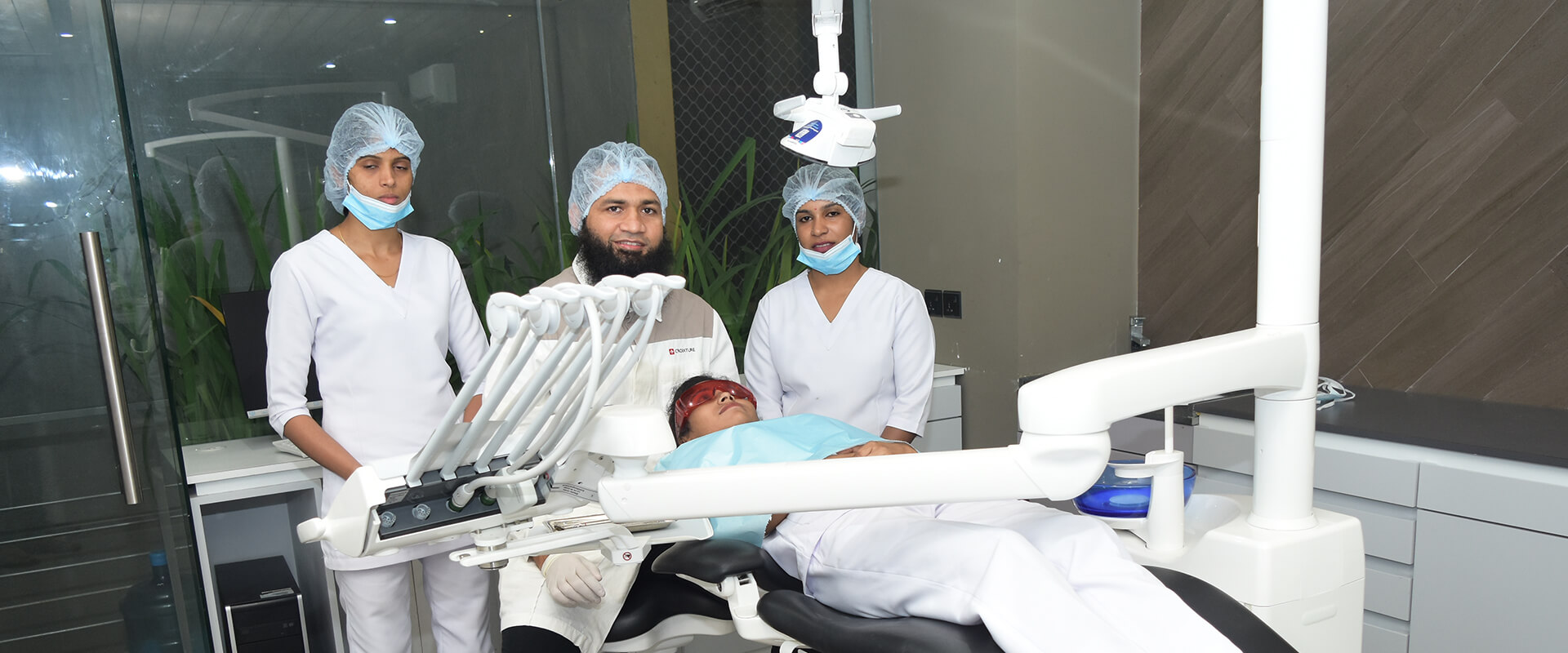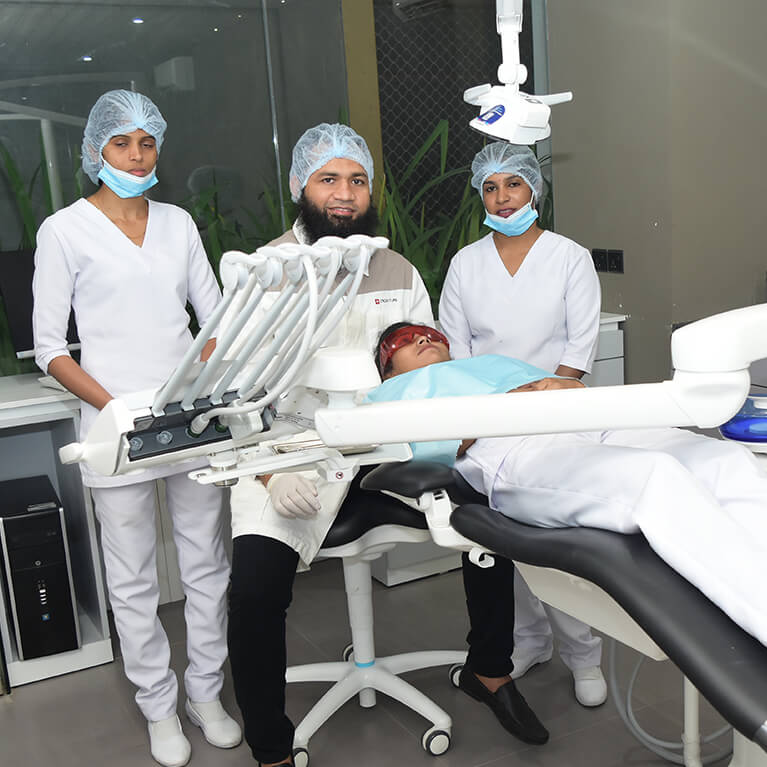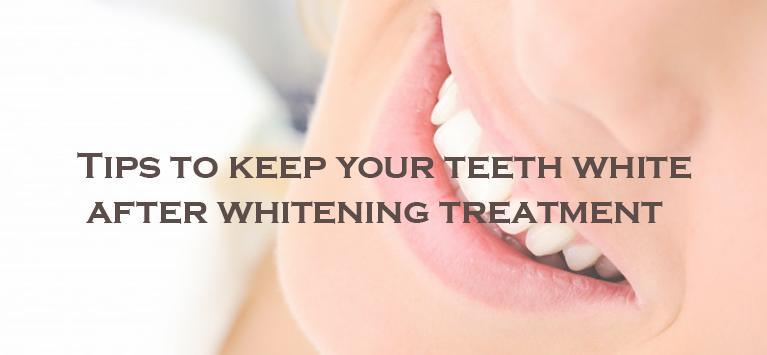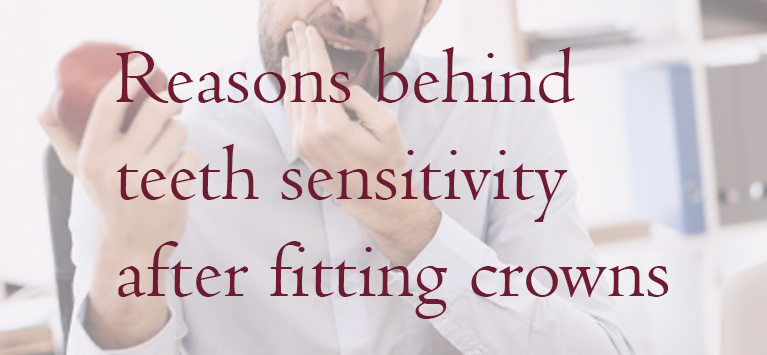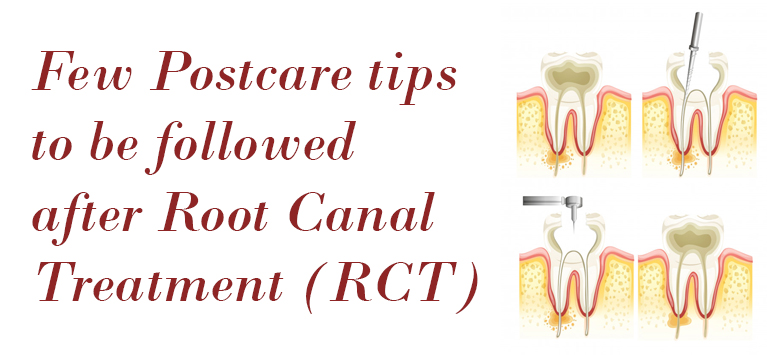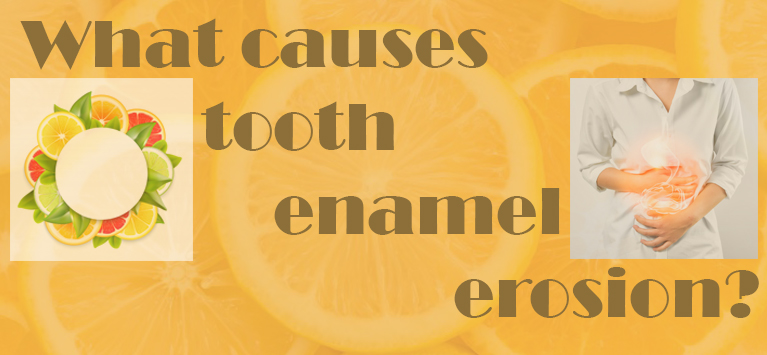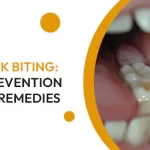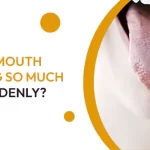White and bright teeth are a dream to all that improve your self-confidence and smile. While not all the people have whiter teeth naturally, there is a way that provides a brighter smile called professional teeth whitening.
This professional teeth whitening is one of the best cosmetic procedures in dentistry that gives a long term result. These results withstand for a long period only if we follow some of the procedures after this whitening treatment. Let us see some of the aftercare tips after whitening your teeth professionally.
Brush twice with whitening toothpaste
The key to maintaining whiter teeth is brushing twice a day. If you drink something that stains your teeth particularly beverages that are sweet or acidic, you should brush compulsory after drinking those beverages. This helps to remove stains and bacteria in your teeth by removing sugar.
Dentists recommend brushing your teeth after each meal but most people have no time on it. Whatever, you should brush at least twice a day to maintain the whiter teeth. Use toothpaste that is specially designed for whitening teeth. Find the best whitening toothpaste as advised by your dentist.
Use a straw
You may have already known that some drinks like coffees, red wine, dark colas, and some acidic drinks, etc., stains and damage your teeth. While you cannot completely cut these items from your diet list, you can limit these drinks.
Another ideal option is using a straw for drinking; this avoids the direct contact of those beverages from your teeth, especially your front teeth that are most visible.
Stop Dark pigmented foods/drinks
Meanwhile, the reason for tooth discoloration is consuming dark-colored foods or drinks. If maintaining whiter teeth is your only goal, you can limit those items.
Floss
Flossing a day is much important as like brushing twice a day. It helps to maintain healthy gums and also boosts the color of the teeth. Flossing eliminates the residues, and bacteria buildups in the gaps between your teeth, thus the coloration of the gaps will be improved.
Simply brushing teeth won’t remove these hidden bacteria’s; hence flossing improves the overall look of your teeth.
Use whitening kits
Some whitening products are specially designed for tooth whitening. Tooth whitening toothpaste and mouthwash products are highly effective and are readily available.
For the best result, the combination of an electric toothbrush and whitening toothpaste helps you to clean every nook and corners.
Stop smoking
Smoking is the number one enemy for your teeth. It stains your teeth by turning it into brown from yellow. If you think to maintain sparkling white teeth, you should quit the habit of smoking.
Regular dental checkups
Visiting your dentist twice a year is one of the best ways to maintain healthy teeth. Here you can know the reason for stain after a whitening treatment. Hence you must regularly visit your dentist to maintain whiter teeth.
Dental touchups
Tooth whitening is not a permanent one; hence you need to visit your dentist again for touchups. Regular cleanings and touchups help you to know the condition of your teeth. It helps you smile brightly every day.
Tip: Foods to eat after teeth whitening
- Milk
- Egg whites
- White Yogurt
- Strawberries
- Carrots
- Broccoli
- Cheese
- Water
Following these tips help you to maintain healthy and brighter teeth forever. Have a sparkling smile ahead!





